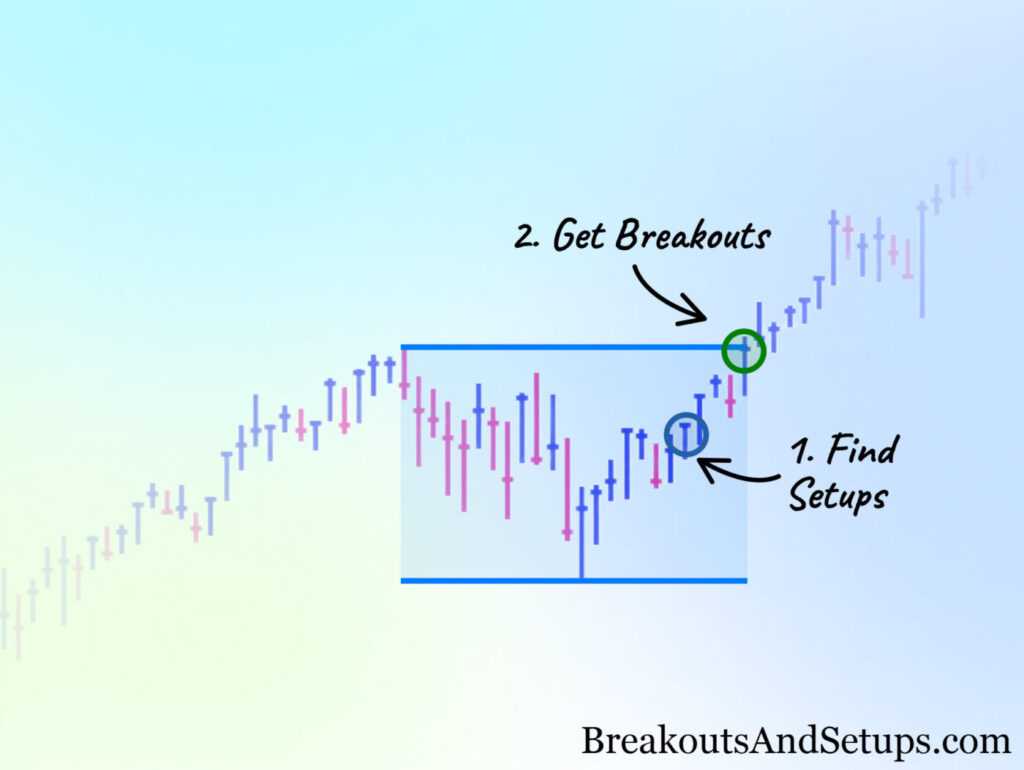The Perception of Fundamentals Matter
What moves a stock’s price? At the most basic level it is Information. Unfortunately, life is not that simple. Arguably, one of the most important market moving components is not the actual data but the perception of the data that matters. It is the perception of fundamentals that determines stock price, and it is changes in the perception that leads to changes in price (technicals).
Fundamental Analysis:
Investors who make decisions based solely on fundamentals alone use various methods of interpreting the company’s business to arrive at the value for their stock. If this logical value of the stock is higher than the price the stock trades at, the stock is deemed worthy of purchase (or undervalued).
This analysis process leaves little room for the artful interpretation of value. Fundamental analysis tends to be black or white (e.g. overvalued or undervalued), leaving little room for the color of reality.
What makes the financial markets colorful are the characters, motives and moods that taint the process of logical deduction. A stock whose fundamental value is $20 may only trade at $10 because a large investor has lots of stock to sell, a group of short sellers may have the stock gripped in fear, or investors may simply not like the color of the story.
Investing is an Art:
 There is an art to predicting stock price change.
There is an art to predicting stock price change.
From our perspective, it is not enough to know what the fundamentals will be tomorrow. We must also know how the market will judge those fundamentals. It seems obvious that a company announcing positive news will go up in price, yet we as investors have often seen the opposite happen.
How Will the Market Judge The Fundamentals:
Investors will judge fundamentals not only on their merit, but also on how they relate to expectations. Sometimes, fundamental change will be ignored in favor of more pressing macro economic issues.
Suppose you are told that a mining company will announce the discovery of a significant gold discovery. In anticipation of news, and based on your information, you buy the stock. You are excited by the prospect of what will be easy money, to materialize when the news is made public.
Two days later, the news is announced and you watch the stock with excited anticipation. But instead of jumping higher and higher, it goes up for a couple of minutes, and then suddenly begins a free fall lower. Your expectation of quick and easy profit quickly and easily turns to loss.
You can not understand why, it seems to make no logical sense.
5 Reasons Why Markets React Differently Than You Think They Will:
Here are some of the possible reasons why the trade did not work:
1. The stock market is not fair.
The information that you received was obtained by others weeks earlier, and the stock already priced in its value. Your stock has been going up in anticipation of news for some time.
2. Expectations rarely live up to reality.
Investors have a wonderful imagination, and the visions of those who were buying the stock in anticipation of the news pushed the stock beyond what the news was worth.
3. Without a reason to own, investors will sell.
Many short-term investors bought this stock in anticipation of news. When the news came out, so went the reason for owning the stock. Investors who buy in anticipation of news often sell when it is released.
4. The exit door is only so big.
When a stock starts to do what investors don’t expect it to do, investors panic and all try to get out at once. This creates emotional selling that has no regard for fundamentals.
5. Every stock correlates to the market.
If the market is going down and pessimistic, buying a stock is like trying to paddle up stream. Some can succeed, but most eventually go with the flow. In fact, most studies show that over 75% of stocks follow the major averages, up and down.
Conclusion:
Fundamentals are important but only one part of the overall equation. From our opinion, it is imperative to ask, what does the market think? How will the market judge this company? What effect will the mood of the market have on the perception of fundamentals? How is the market behaving? When will I exit if wrong? How much do I want to risk on this idea? How are the technicals (price action)? Etc… Etc.
Fundamentals alone are one part of the equation, the more important factor is the perception of the fundamentals.




